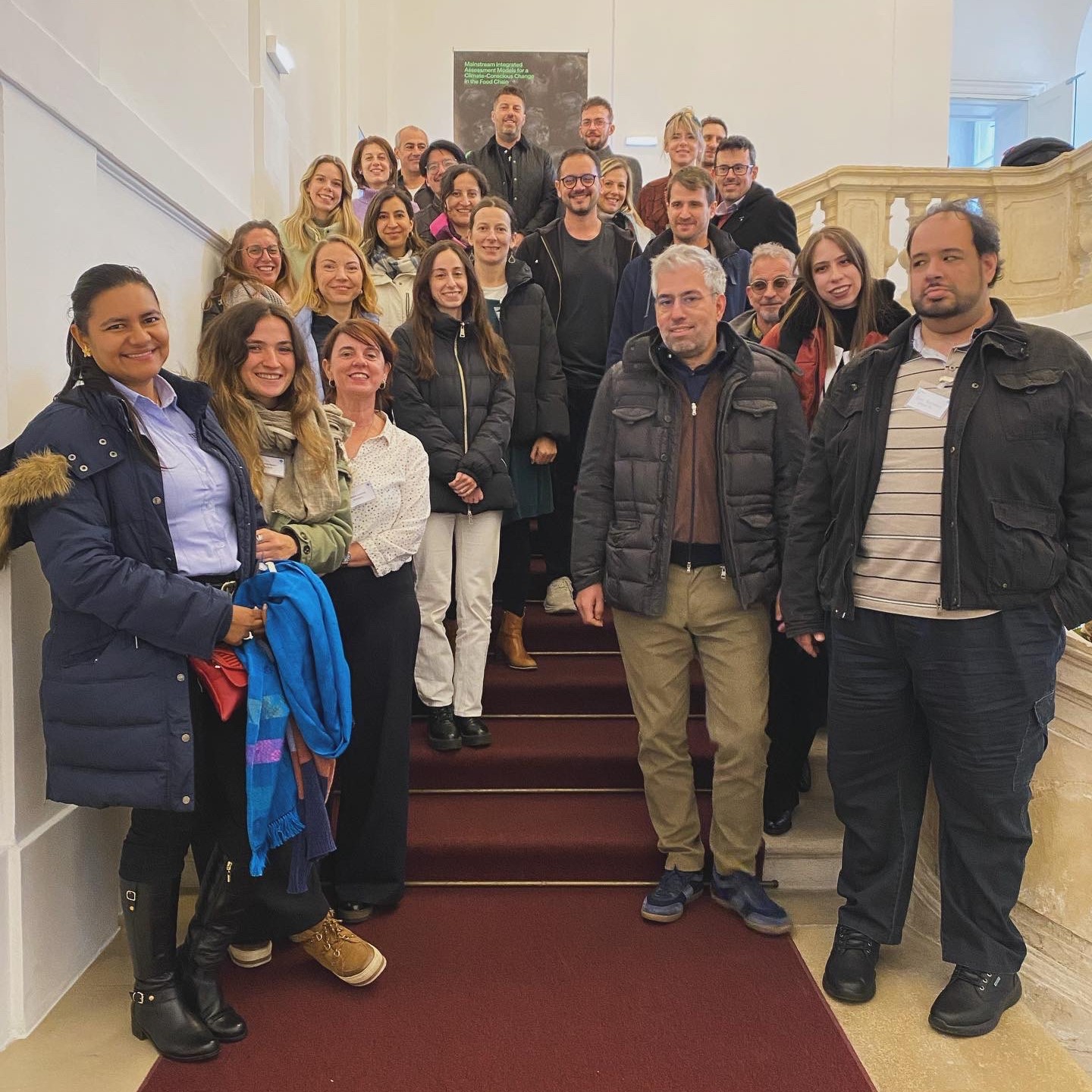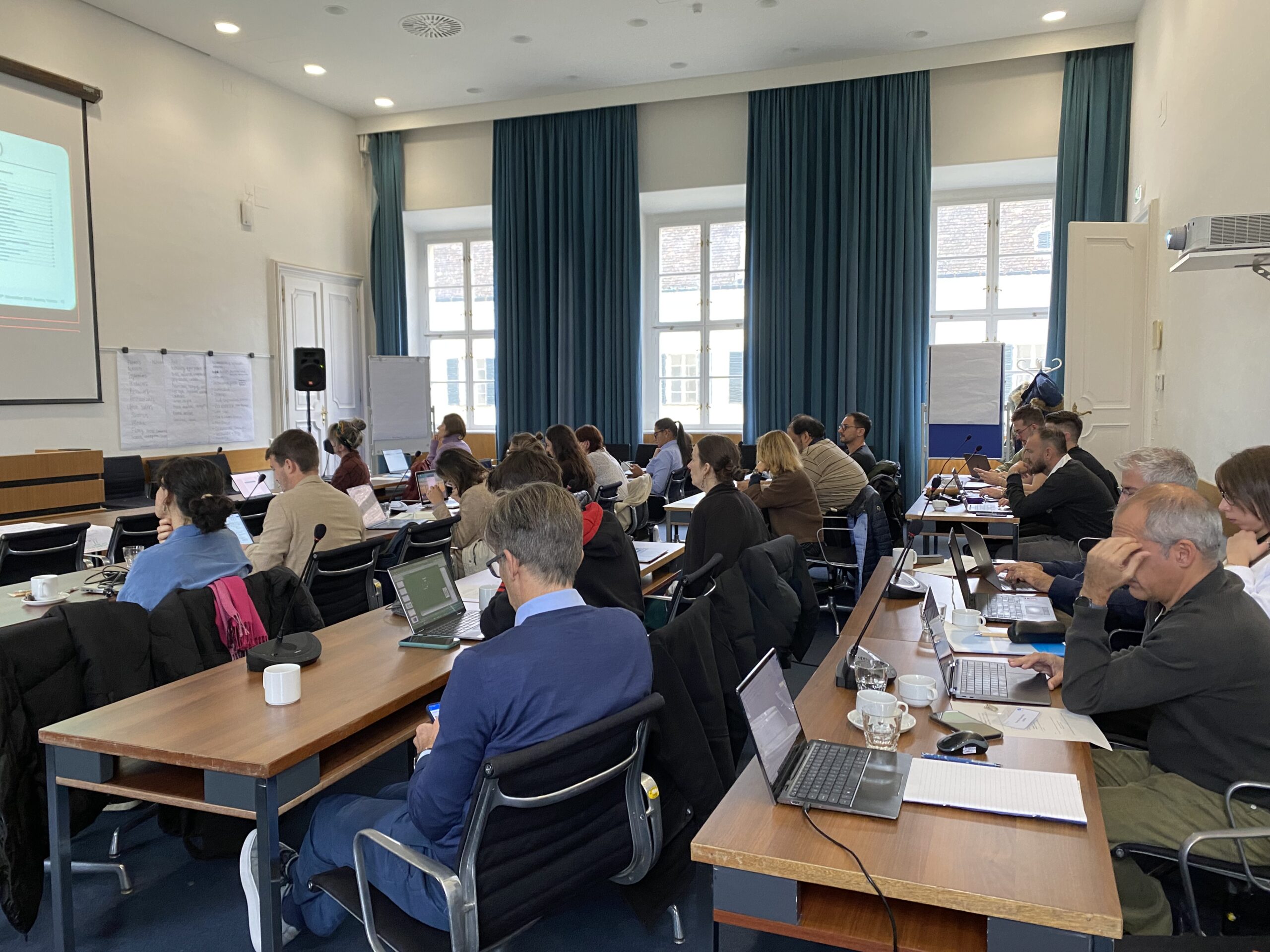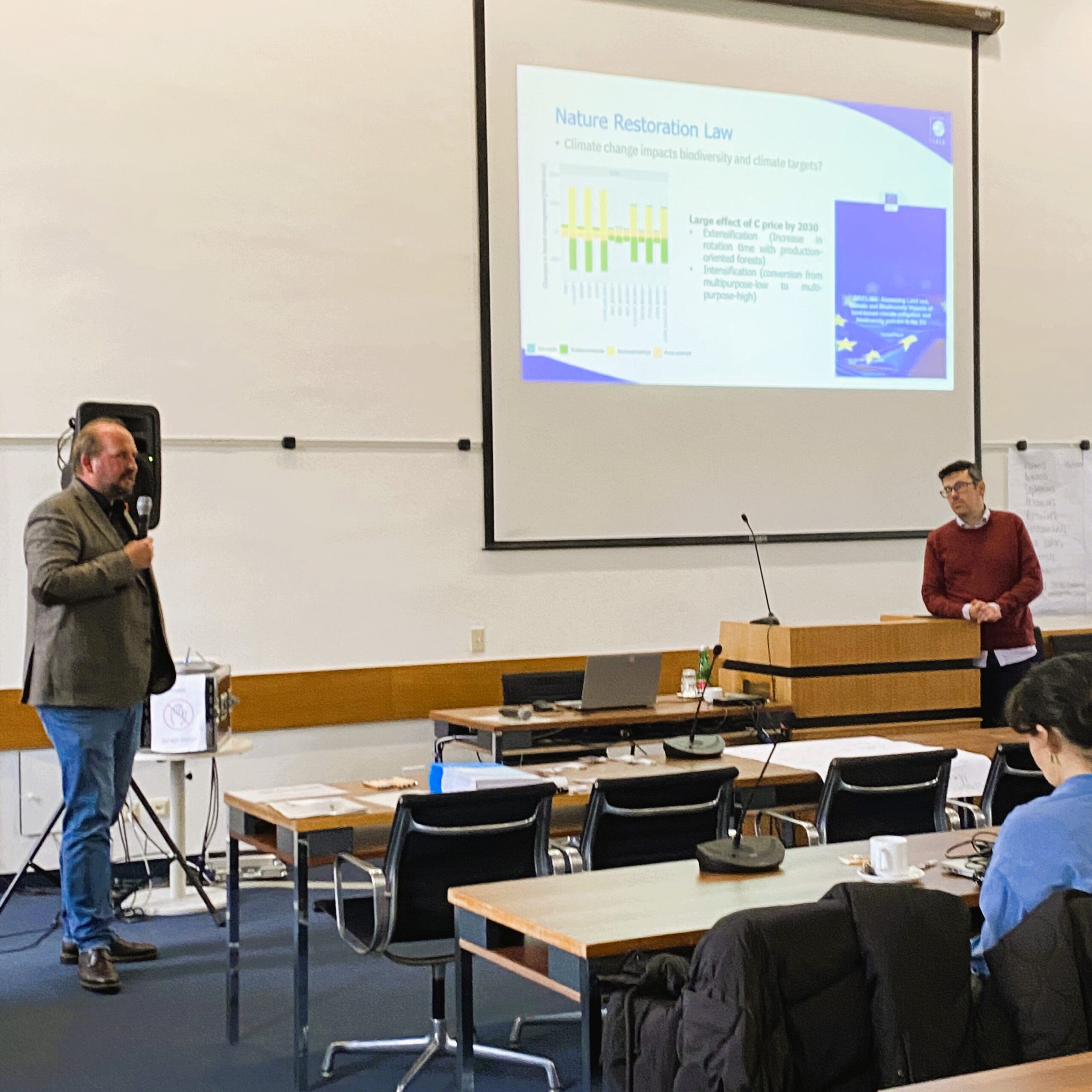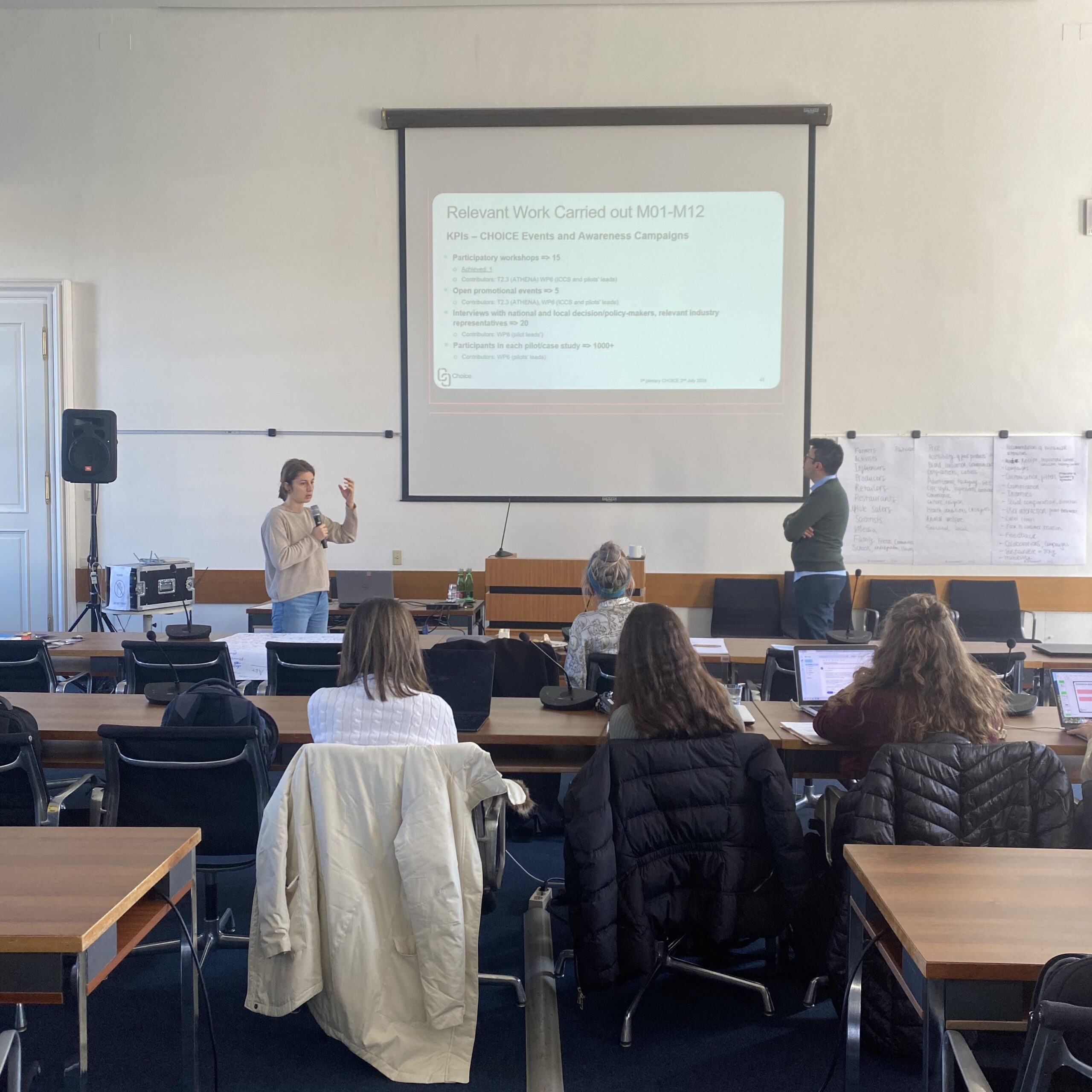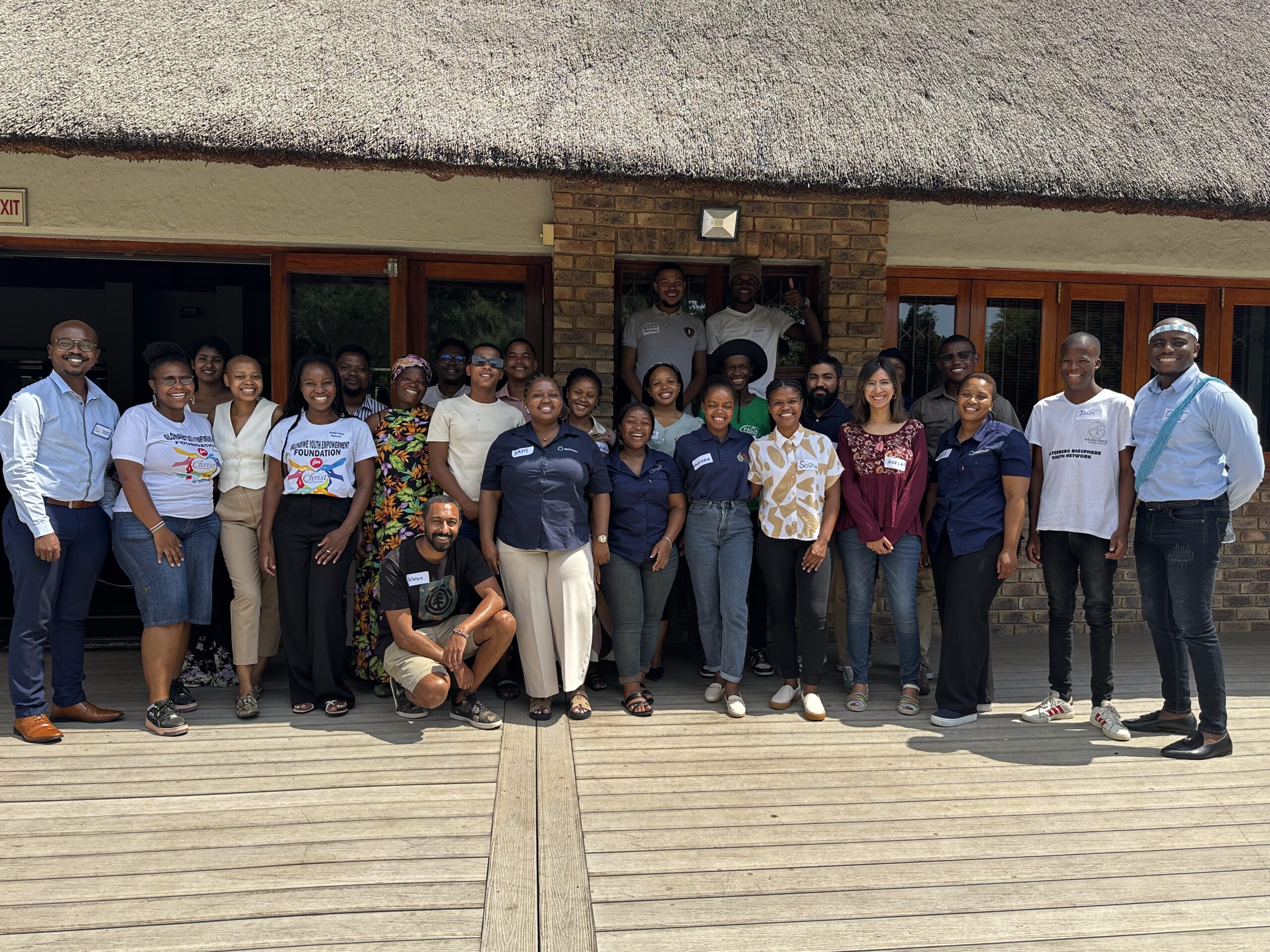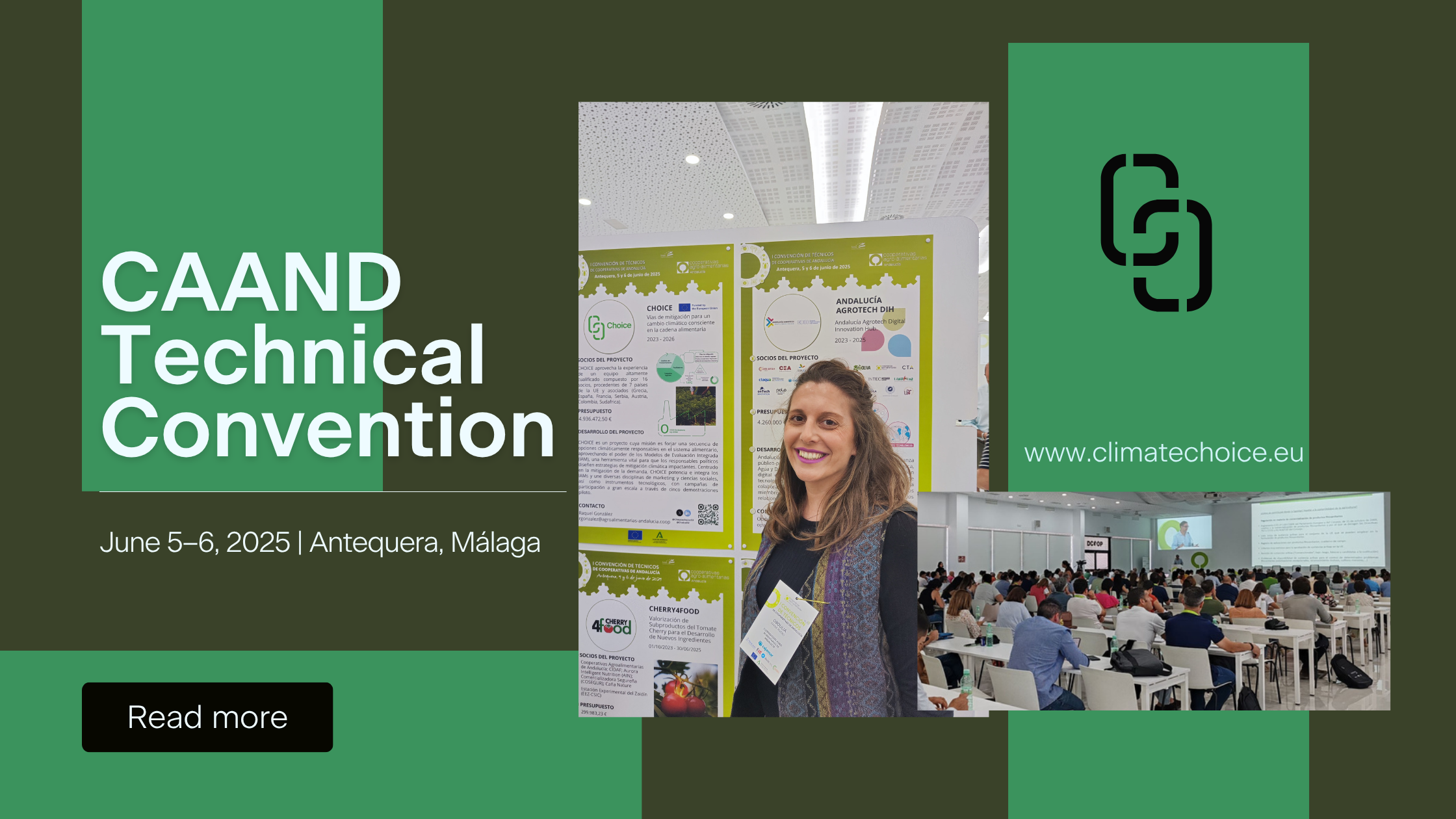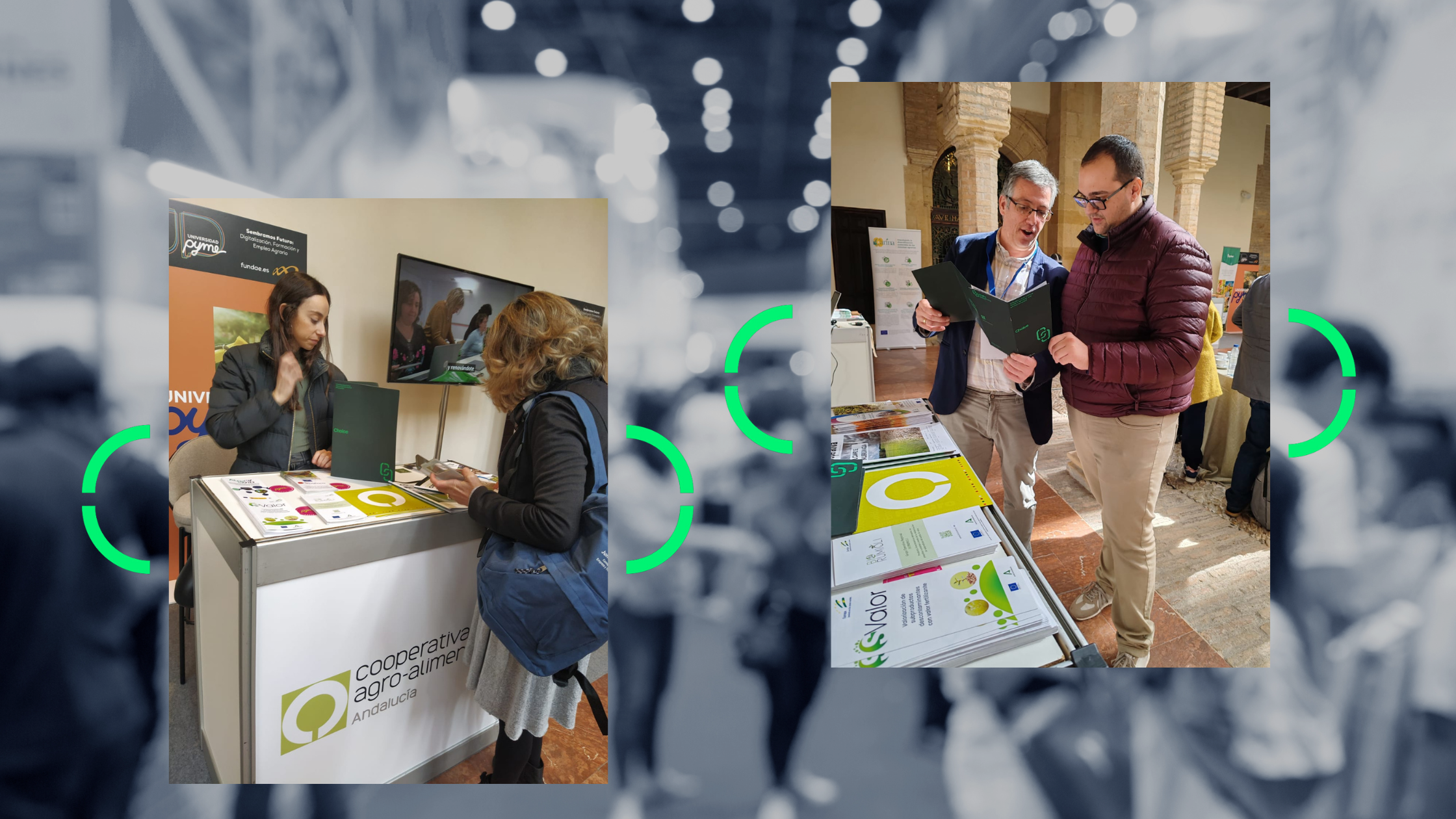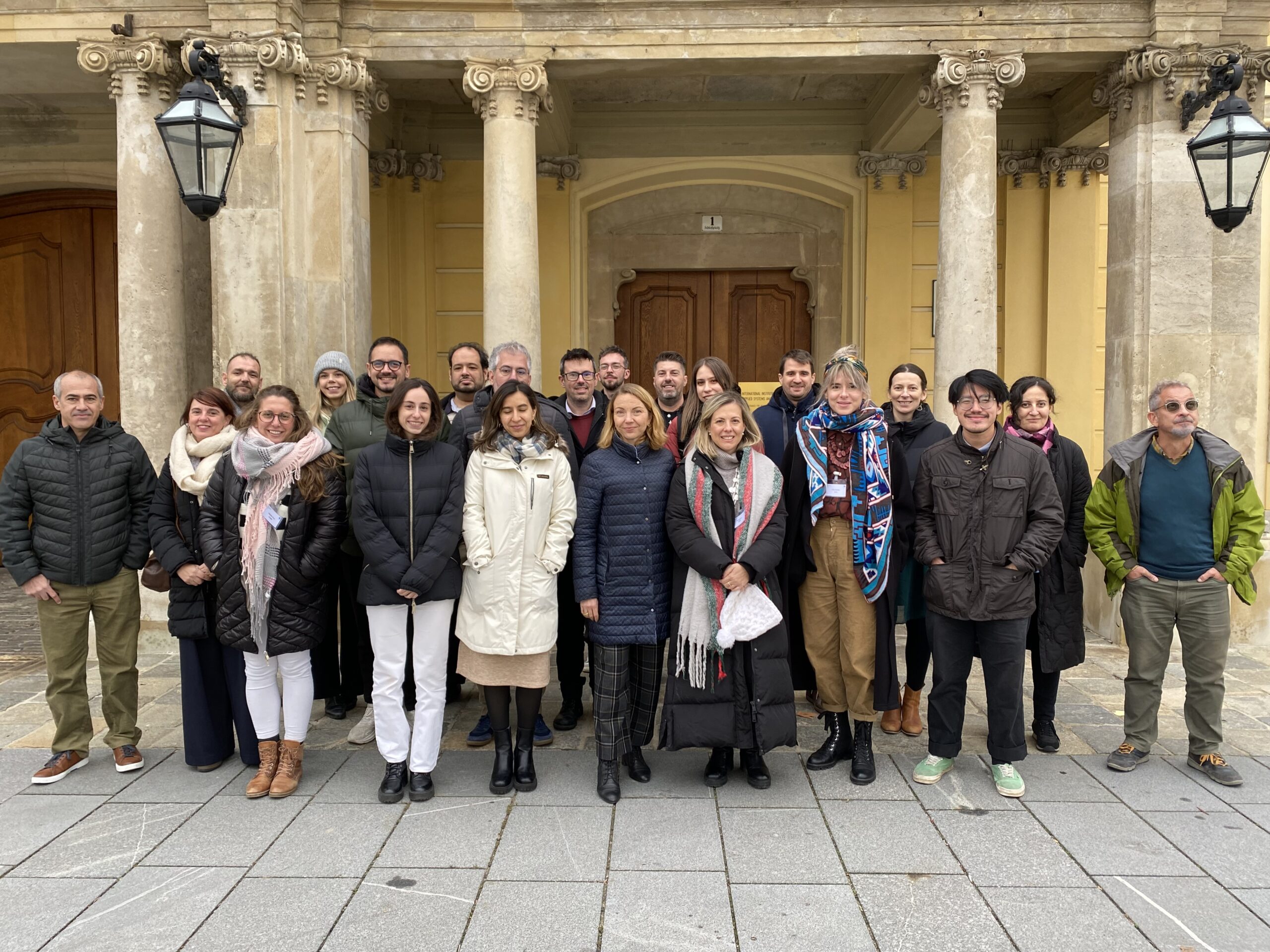
CHOICE 2nd General Assembly in Vienna: Progress Review and Strategic Planning
On November 12–13, 2024, CHOICE partners gathered for the 2nd Physical General Assembly at the IIASA premises in Laxenburg, Austria. This physical meeting marked the end of the first year of the project duration and served as a vital checkpoint to evaluate progress, share insights, and outline the next stages in advancing the project’s goals of fostering sustainable food systems and promoting climate-conscious consumer behavior.
Day One: Strategic Updates, Campaign Development, and Modeling advances
The first day of the CHOICE General Assembly included comprehensive updates across several key areas of the project, beginning with discussions on WP1 coordination. The day started with updates on foundational aspects of the project, such as the governance and management framework. The WP1 session reviewed the overall progress and coordination among partners, ensuring that project activities align with the strategic objectives and timelines. This session reaffirmed the importance of effective communication and collaboration across the consortium to maintain momentum and meet project goals.
Following WP1, discussions transitioned to WP2, focusing on the design and strategies for engaging consumers in climate-conscious behaviors. Presentations by ATHENA shed light on the co-design process for CHOICE’s awareness and engagement campaigns. Participatory labs, exemplified by the first Austrian pilot lab that took place the previous day, were highlighted as the starting point for designing the campaigns. These labs provide a structured framework for gathering stakeholder input and tailoring campaign strategies to local contexts. Additionally, the A/B Testing methodology was discussed in detail by LIBRA colleagues, showcasing its potential to test campaign elements and optimize their effectiveness in influencing consumer choices.
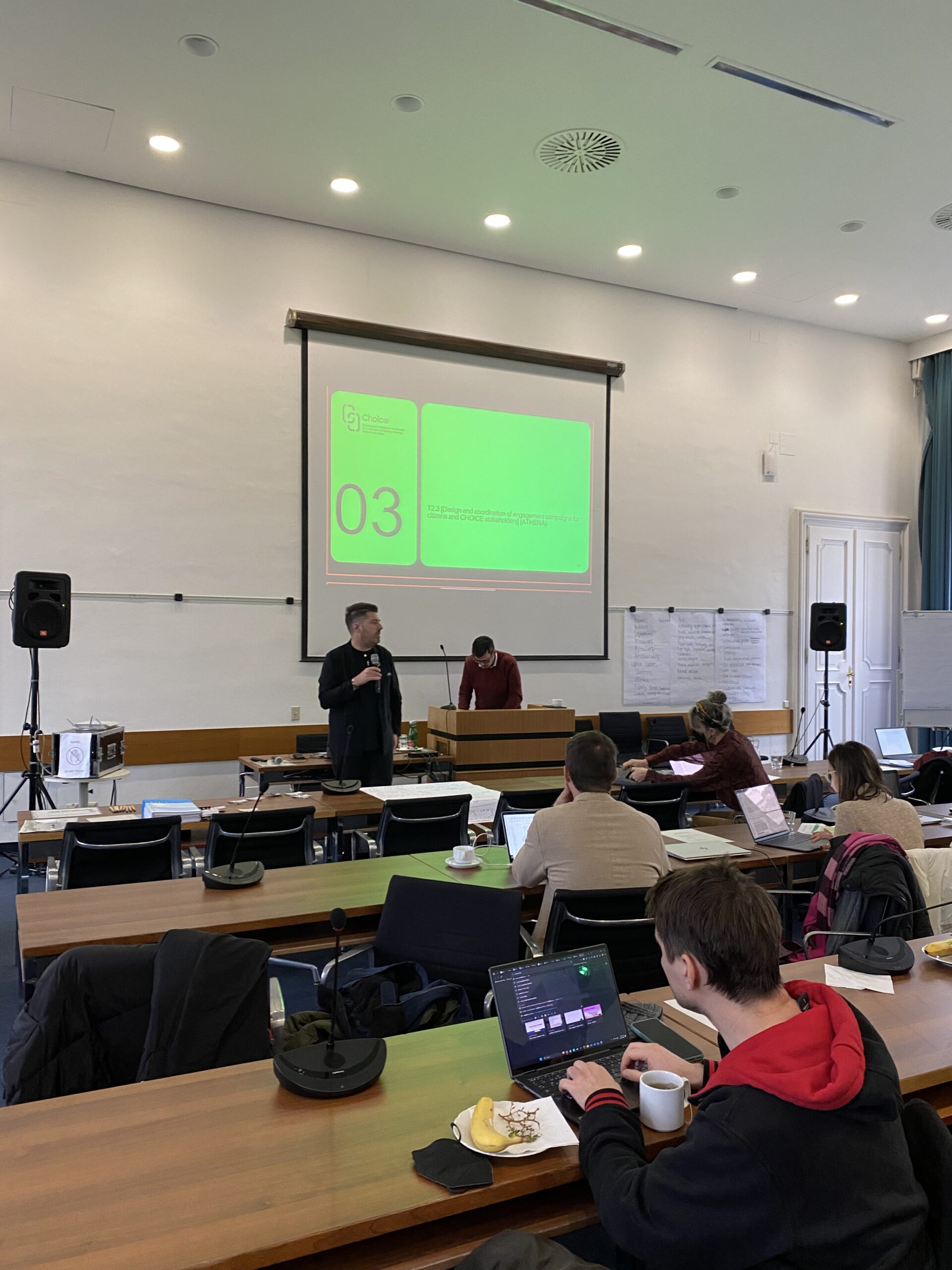
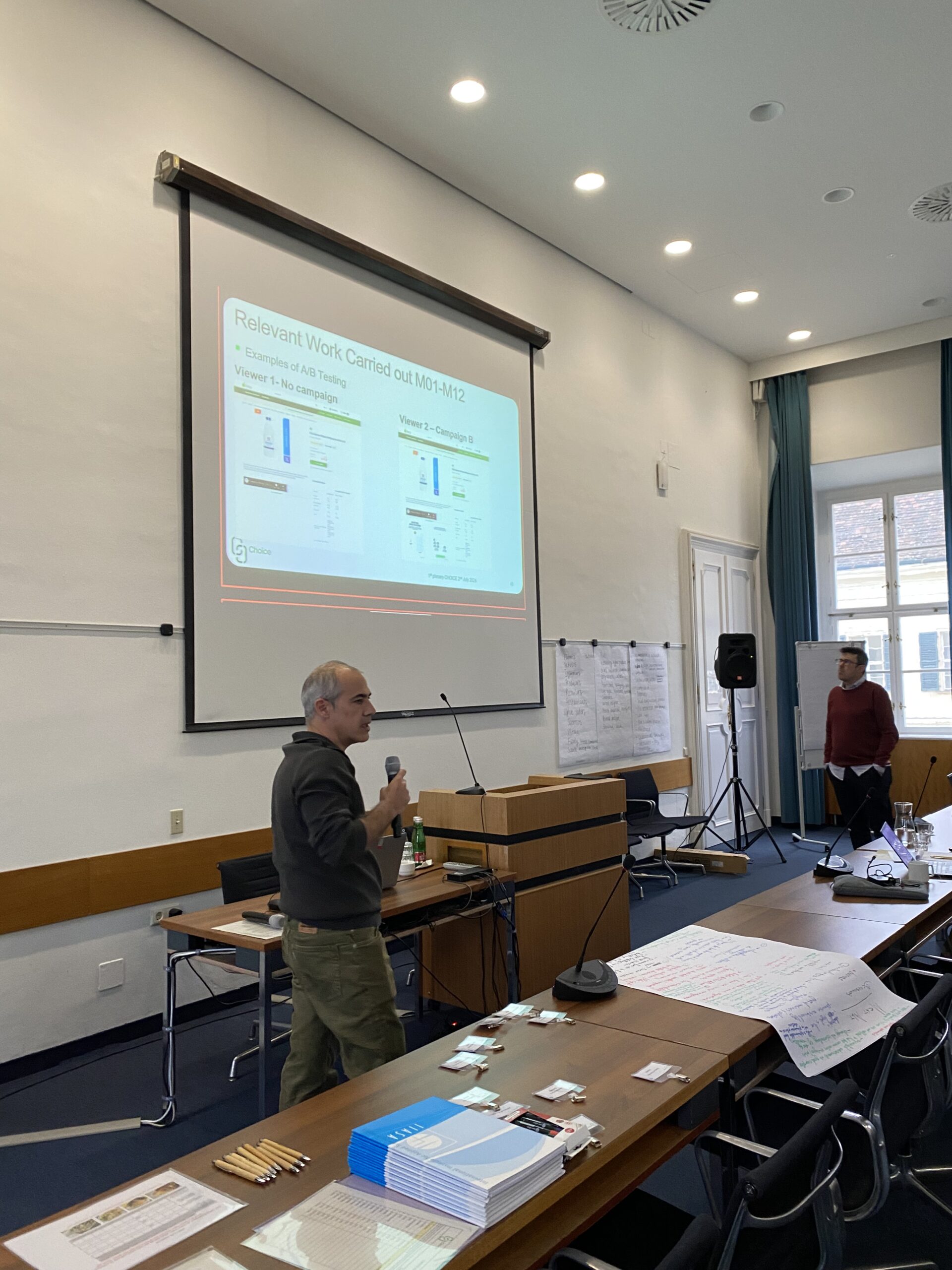
The day continued with presentations on the development of the CHOICE-related climate models, including FABLE and GLOBIOM, which are essential for analyzing the environmental and socio-economic impacts of food systems. Led by IIASA and SDSN partners, these presentations emphasized the integration of behavioral insights to refine the models, ensuring they deliver actionable data for scenario planning and policy recommendations. The FELiX framework was also highlighted as a participatory tool to engage stakeholders and incorporate diverse perspectives into scenario development, enhancing the robustness and inclusivity of the climate modeling efforts.
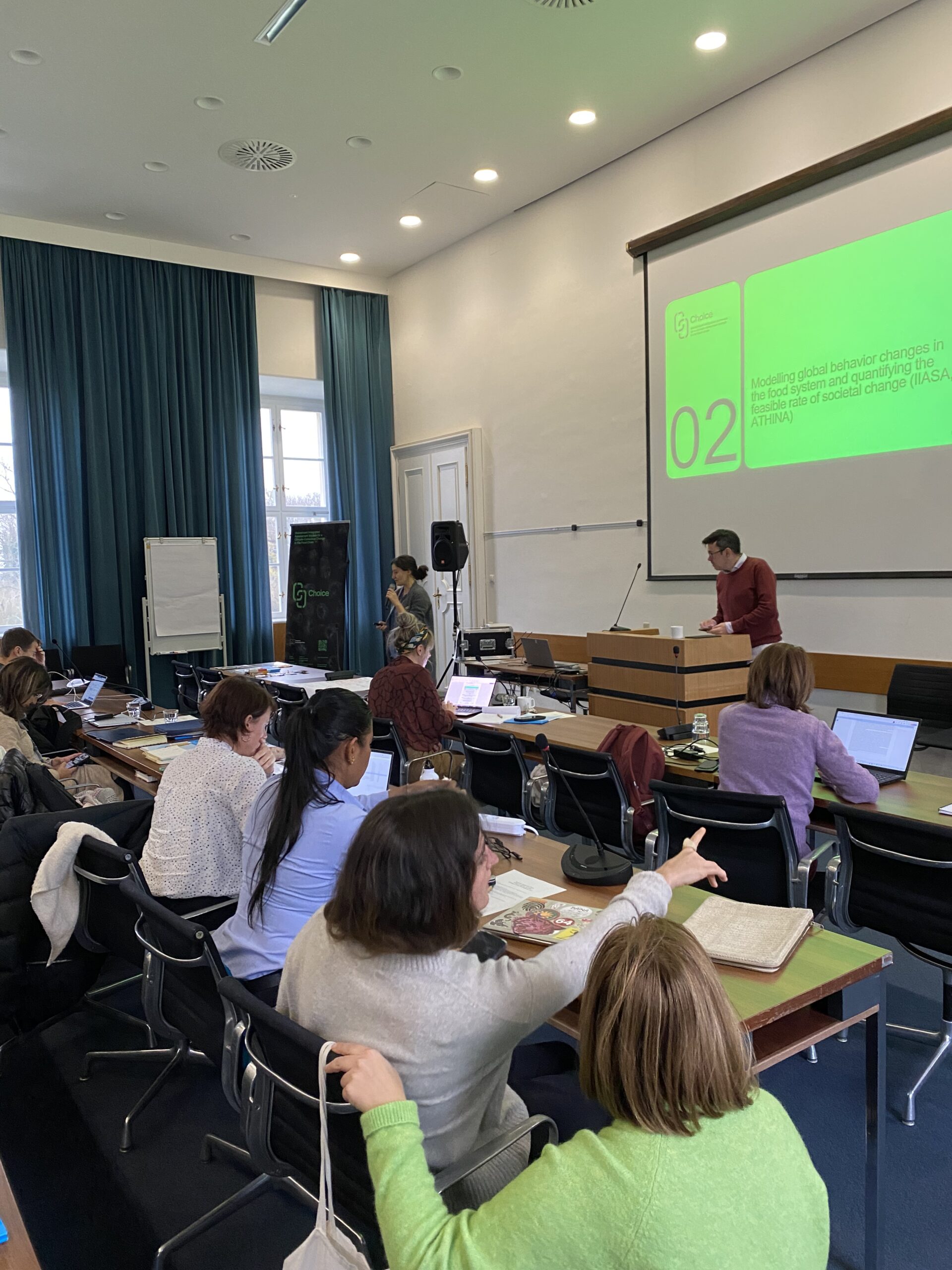
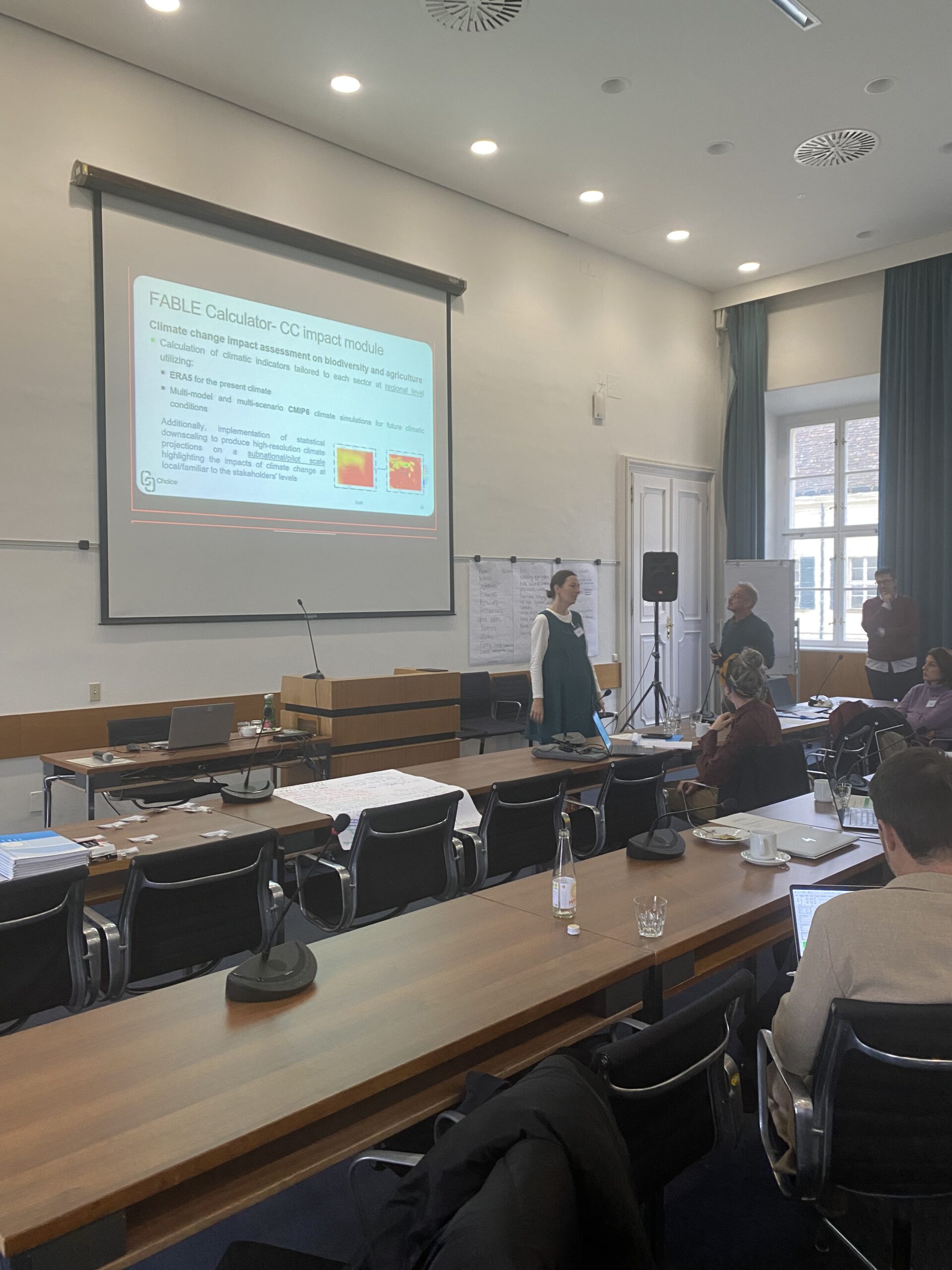
Impact creation and dissemination activities were another significant highlight of the first day. The WP7 session focused on strategies to amplify the project’s reach and visibility, including stakeholder engagement plans, targeted outreach activities, and methods for effectively communicating CHOICE’s results to broader audiences. These discussions underscored the importance of leveraging targeted messaging and strategic partnerships to drive meaningful impact and scale up CHOICE’s influence across diverse sectors and communities.
By the end of the first day, the consortium had covered critical updates across governance, campaign design, modeling tools, and impact creation, setting a strong foundation for the second day’s discussions on pilot activities and implementation strategies.
Day Two: Pilot Activities and Localized Strategies
The second day of the CHOICE General Assembly centered on the project’s pilot activities and their pivotal role in testing and implementing CHOICE’s strategies. Representatives from Austria, Greece, Spain, Colombia, and South Africa provided comprehensive updates on their progress, sharing valuable insights into local challenges and opportunities. The discussions emphasized the importance of tailoring strategies to the specific cultural, social, and economic contexts of each pilot site.
A key focus of the day was the role of participatory workshops in shaping campaign design. Drawing on the recent example of the Austrian pilot lab, participants reflected on how these workshops enable stakeholder collaboration to co-create effective engagement and green marketing strategies. These participatory labs were recognized as instrumental for gathering local insights that inform campaign approaches, ensuring that the messaging resonates with diverse communities across the pilot sites.
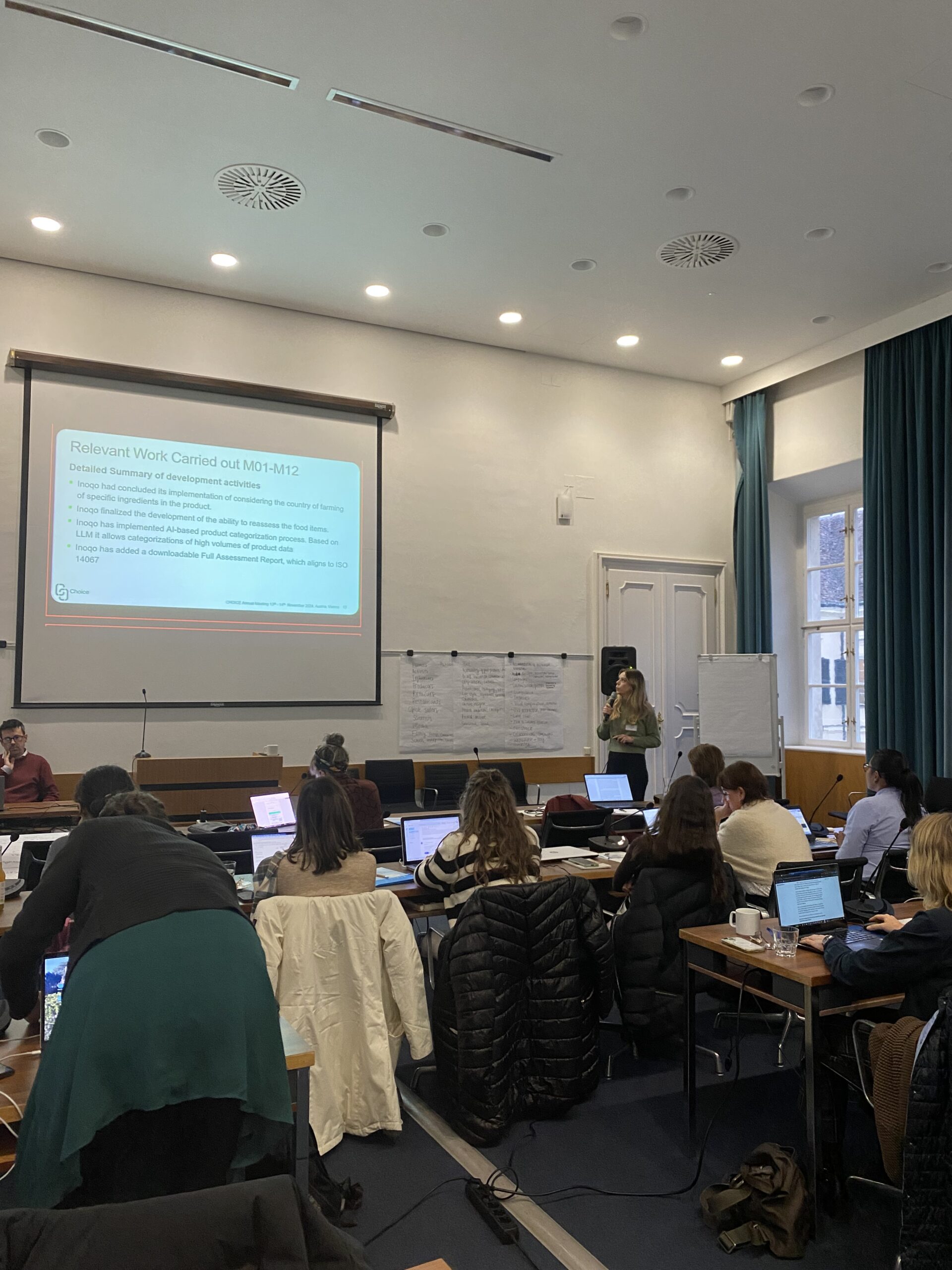
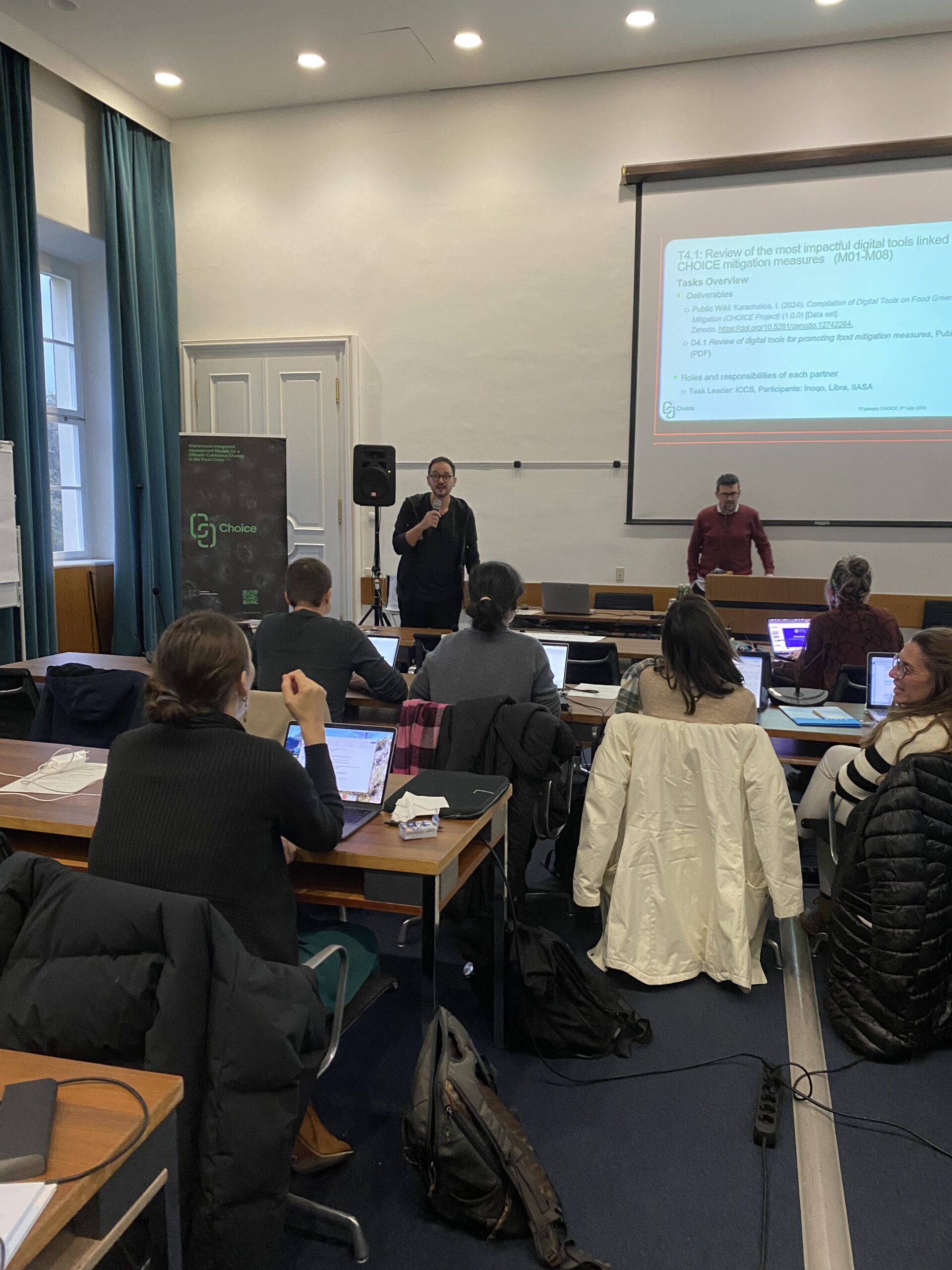
Timelines, risks, and mitigation strategies for each pilot were thoroughly reviewed to maintain a structured and proactive approach to implementation. Teams discussed anticipated challenges, such as variations in stakeholder engagement levels or logistical constraints, and explored actionable solutions to address these hurdles.
Additionally, discussions delved into the use of modeling tools, including the FELIX Framework and the FABLE Calculator, in testing scenarios for each pilot case. These tools are critical for simulating the potential impacts of different campaign strategies and providing data-driven insights that enhance decision-making. Pilot participants were divided into subgroups to examine specific scenarios, allowing for in-depth analysis of localized strategies and their anticipated outcomes. These collaborative sessions fostered cross-country learning and encouraged innovative solutions to shared challenges.
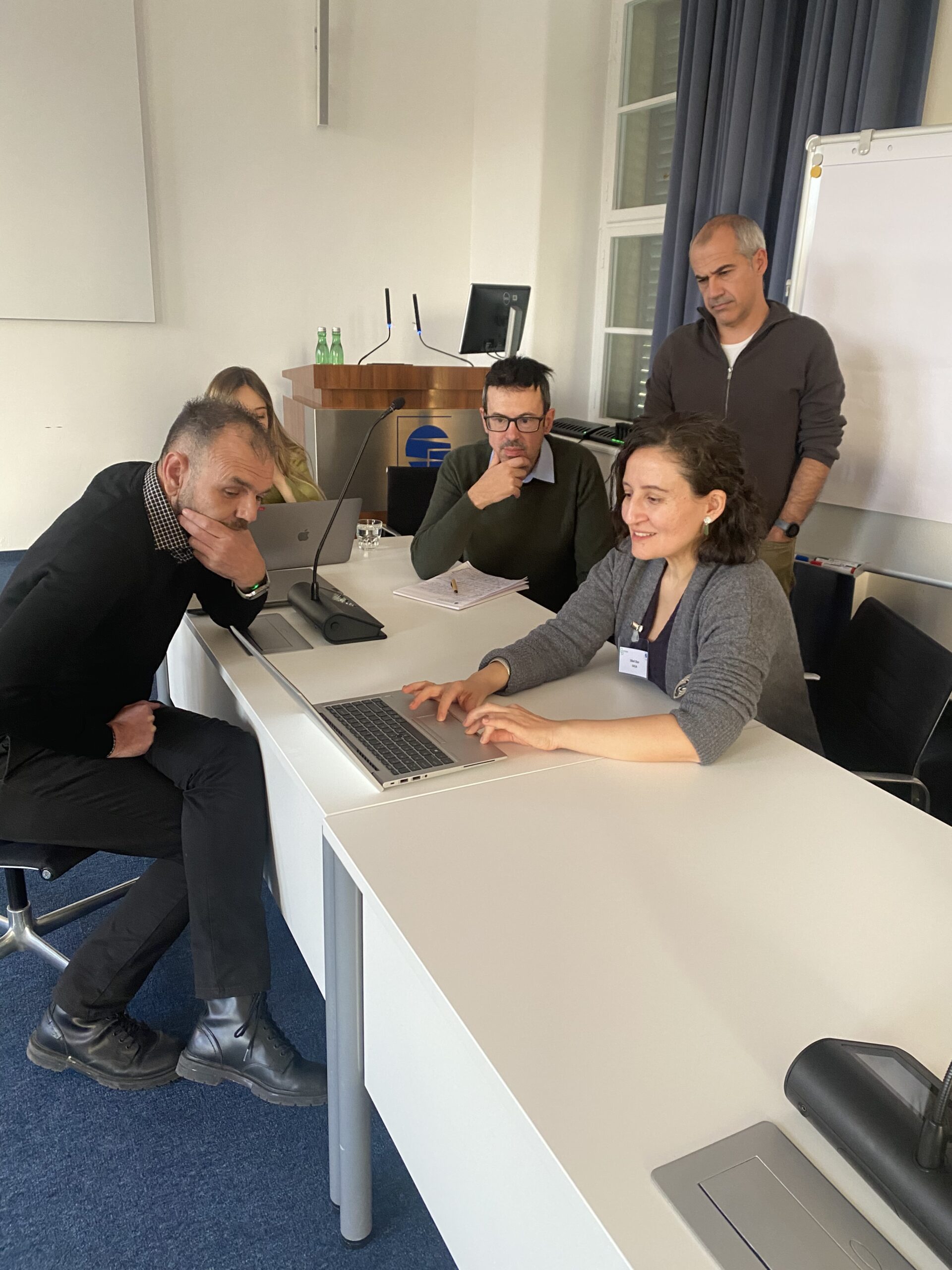
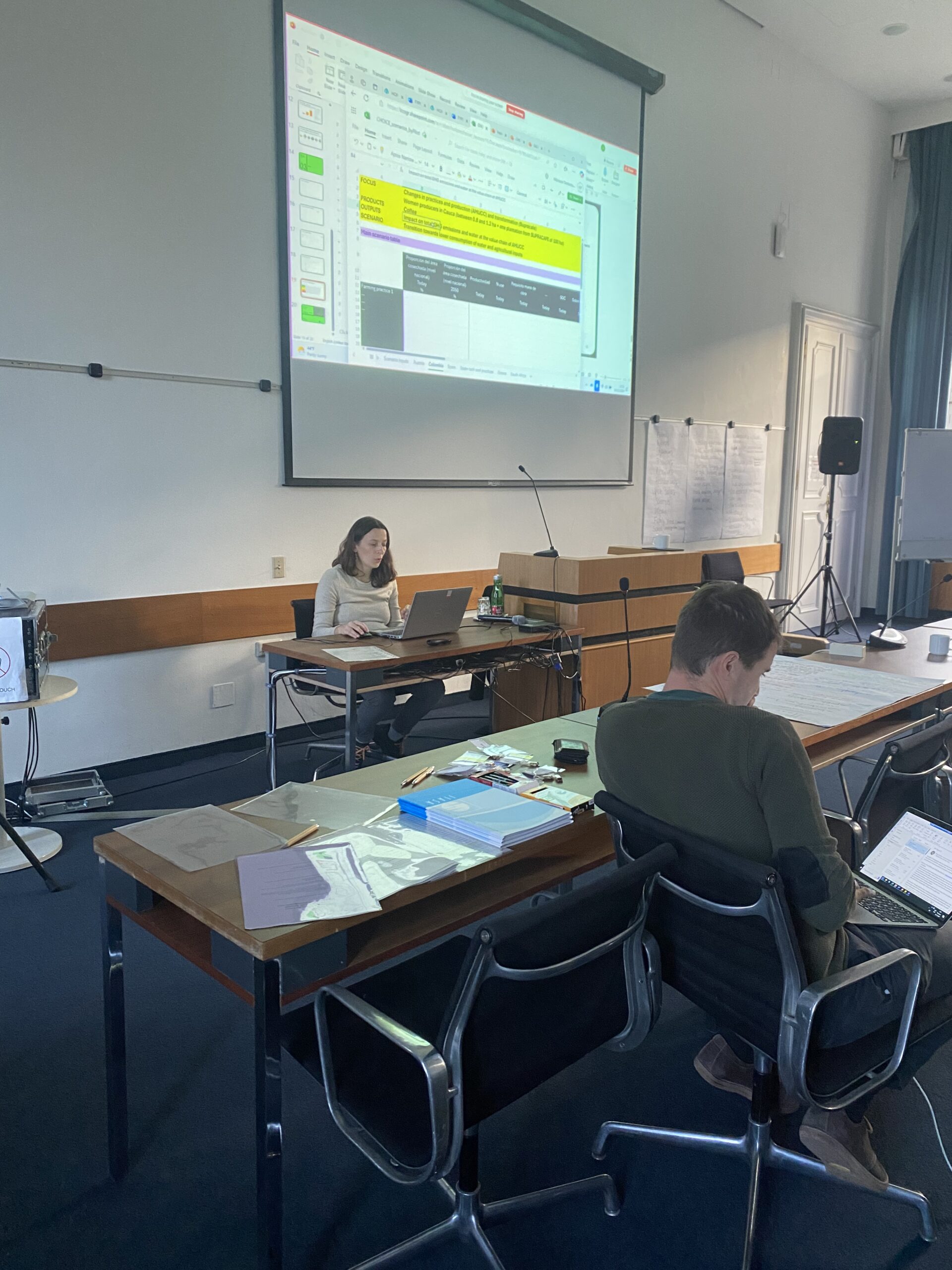
By the end of the second day, the consortium had made significant progress in aligning pilot activities with CHOICE’s overarching goals, ensuring that the strategies developed are practical, impactful, and adaptable to local contexts. The discussions set the stage for the next implementation phases, reaffirming the project’s commitment to fostering sustainable food consumption and production practices for climate-conscious change in the food supply chain.
